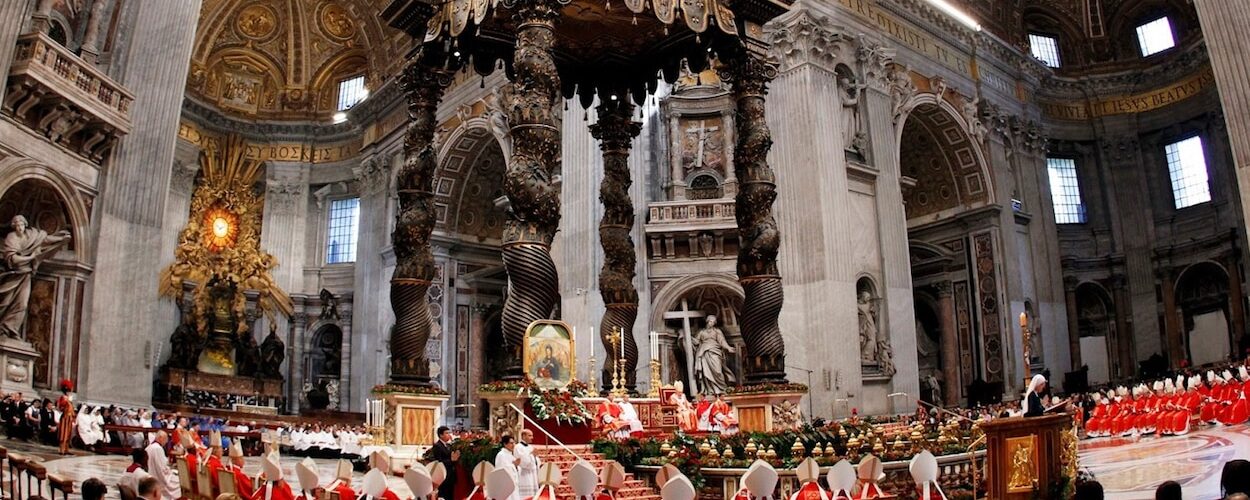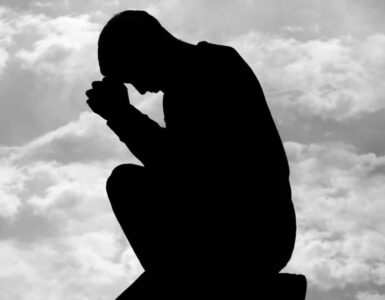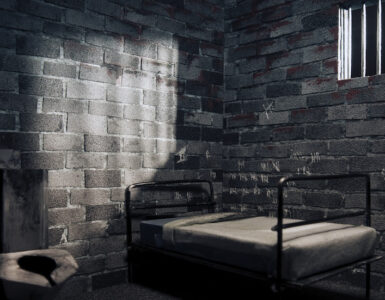Author Rod Dreher, in his 2015 book How Dante Can Save Your Life, explains, in one short sentence, why he left the Catholic Church: “Fraud killed my faith in the Roman Catholic Church.” The fraud he is referring to is the sexual abuse perpetrated by some priests and bishops. Dreher characterizes the use of one’s power and prestige to force himself on a child or young man as a “grave injustice” that has long-lasting, devastating consequences for the victim and the Church. Dreher declares, “If the people cannot trust the institutional Church, they are sheep without a shepherd.”
In 2002, he began to investigate sexual abuse cases within the Church. He contacted Fr. Thomas Doyle, who, in the mid-1980s, tried to warn the Church about the scandal of priests and bishops either molesting young people or covering up for those who did. Doyle warned Dreher, “If you go down this path, you will go down places darker than you can imagine.” Dreher was somewhat skeptical, but as his investigation continued, he would learn the truth of Fr. Doyle’s warning.
At one point, Dreher was contacted by one Horace Patterson, who had a disturbing tale to tell. Patterson’s adult son had committed suicide. The family eventually learned that the son, as an altar boy, had been molested several times by their parish priest. A further investigation revealed that this priest had molested sixteen other boys. The family was also told that the priest had been a known molester at a different parish, but nothing was done to stop him. Of the seventeen victims, five would commit suicide as adults.
As Dreher continued his investigation, he heard stories about a cardinal who was a serial sex abuser, about a seminary that was like a brothel, about abuser priests who were protected by bishops, and about good priests who were ignored when they tried to warn those in power.
After several months of such stories, Dreher became an “anxious spiritual wreck who expected priests and bishops to lie as a matter of course.” While attending Mass, he couldn’t help but think that somewhere there’s a bishop out there who would willingly sacrifice Dreher’s children if it meant protecting himself and/or the image of the Church.
Eventually, Dreher and his family began attending a “conservative” church. An assistant pastor there seemed to be the kind of priest who was committed to his vocation and took his faith seriously. The Dreher family was considering inviting him to their home for dinner when they learned that he was a liar. He had told the pastor that he was transferred from his previous assignment because some of the liberal parishioners there did not like his conservative homilies. In actuality, he had been transferred because of a credible sex abuse accusation against him.
Dreher and his wife decided they could never trust a priest again. He writes, “The dam cracked; the fear, wrath, and anxiety came barreling through the breach, washing away the last of our will to believe. By that time, we were Catholics in name only.” Shortly thereafter, they joined an Orthodox church.
But the story does not end there. Over the next few years, Dreher was able to step back and look at the Church in a more rational manner, due primarily to his study of Dante’s Divine Comedy. In the Inferno, Dante viciously chastises a pope who has been condemned to hell for his greed: “I would resort to even harsher words because your avarice afflicts the world, trampling down the good and raising up the wicked.”
Despite the harsh rhetoric, Dante was always faithful to the Catholic Church, knowing that it was established by Christ himself.
Eventually, Dreher came to a realization that he had judged the Church too harshly and once again could see its beauty:
. . . I am grateful that the spiritual healing I have received through Orthodoxy has helped me love the Catholic Church once again . . .Though the [Divine Comedy] is a devastating indictment of the medieval Church’s wickedness, it is a far more powerful witness to its spiritual greatness.
Dreher’s story is a cautionary tale for all Catholics. When the press reveals scandals regarding sex abuse by Catholic priests, bishops, and others, it is essential to keep one’s emotions under control. Some news accounts may be factual, but some may be gross exaggerations or outright lies. The wise path is to step back, read other accounts, and then decide what actually happened.
More importantly, serious Catholics must separate the evil deeds of a very small minority from the actual teachings and actions of the Church. Yes, the bad actors must be removed and punished by the proper authorities, and the people in the pews must unrelentingly insist upon transparency and action. But, at the same time, we must always remember that the gates of hell shall not prevail against the Church. That is a promise we can all depend upon.





























